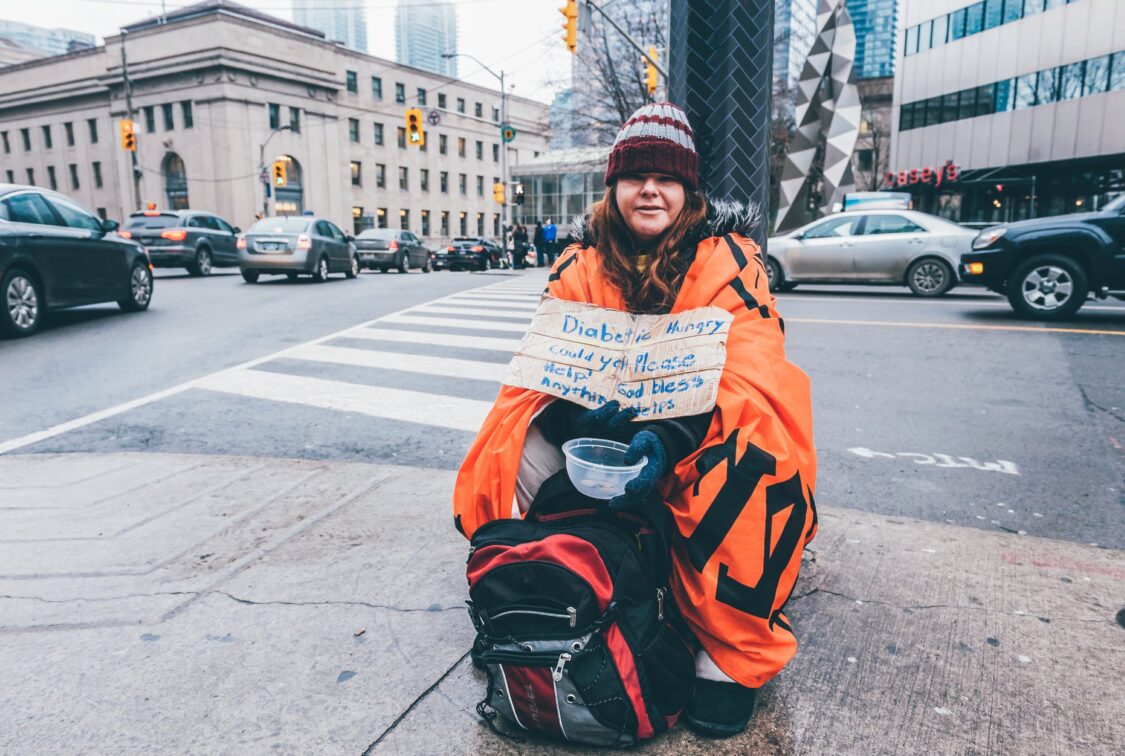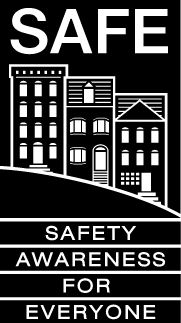Most Psychiatric & Behavioral Crisis Calls to Shift Away from SFPD

The San Francisco Police Department (SFPD) will no longer be handling most calls for people in a psychiatric, behavioral or substance abuse crisis, according to a recent article by NPR. In the near future, unarmed, mobile teams of paramedics, mental health professionals and peer support counselors will fulfill the role once performed by police.
Removing police from this equation is not only a major police reform move, it’s also no small feat, given that these types of crisis calls constitute a quarter or more of all police calls for service, according to the article. When also considering 911 calls for issues related to homelessness, police data reveal that the numbers are even more significant.
Nationwide statistics also show that approximately a quarter of fatal police encounters nationwide trailed calls regarding disruptive behavior connected to a person’s mental illness and/or substance abuse disorder, per NPR.
"They're [SFPD] handling these calls the best they can," San Francisco Fire Dept. Capt. Simon Pang told NPR. Pang is heading up the fire department's upcoming, new street crisis response teams. “The fact remains that because of the traditional system…you have law enforcement officers responding to nonviolent, noncriminal calls for service for people whose needs are largely social, behavioral or mental…The time is now to rethink the entire process so that we can get personnel who are better suited to help people in those kinds of crises.”
The mobile teams are expected to be well suited to handle these types of crisis calls and will consist of a specially trained psychologist or social worker, a fire department paramedic and a peer support expert, according to the NPR report.
The city’s upcoming, unarmed, non-police teams are scheduled, at first, to take over the police calls for code 800, a broad grouping for a "report of a mentally disturbed person," per the report. According to SFPD data, they received nearly 17,000 code 800s in 2019 and almost 22,000 overall from persons in mental or behavioral crisis—most of which were non-violent. The data also reveal that of these code 800 calls, only 132 of them reported "a potential for violence or a weapon," per NPR’s article.
While the details are still being ironed out, organizers of the new teams in the city's fire and health departments hope to expand the types of nonviolent police calls they handle—including some of the approximately 30,000 "check on well-being" 911 calls the SFPD receives every year, stated the report.
San Francisco’s new teams will arise from its EMS-6 crews’ experience, per the NPR article. Pang heads up these units, which receive additional training to handle issues related to mental illness, addiction and homelessness. Some units respond to calls along with a social worker or homeless outreach worker in collaboration with the Department of Public Health, the article further stated.
The police reform plan is part of a more expansive one promised by San Francisco Mayor London Breed in the wake of civil unrest sparked by the death of George Floyd in Minneapolis while in police custody, according to the article.
The city looks to get its first mobile street crisis response team operating seven days a week before the end of the year. Ultimately, they aim to expand the program to six city-wide, 24/7 teams by March 2021, per the NPR report.
